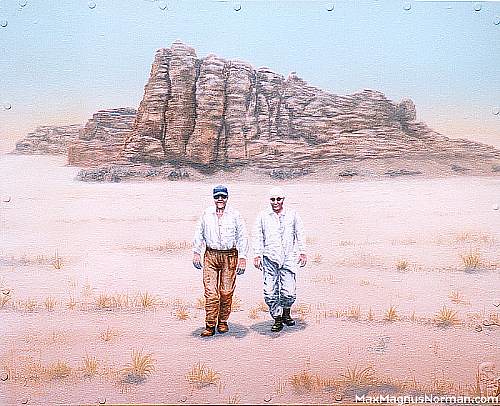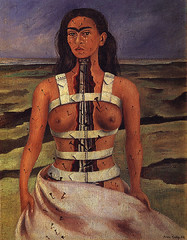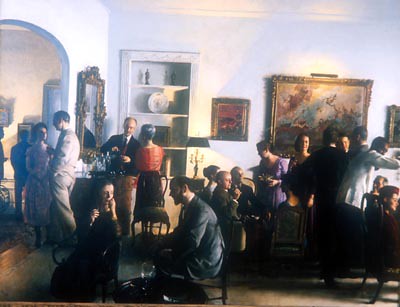Sincerely Eclectic Translation

Kundler
Every man alone is sincere. At the entrance of a second person, hypocrisy begins.
Big Emerson.
I am uncertain about new sincerity. I’ve always been stuck with the old kind. I’m confused about sincerity in general. Tony says that it isn’t new after all, so that kind of explains things, no? I suppose that sincerity—the new kind—may be something akin to truthfulness; that is, new sincerity may be truthful, while old sincerity may be just plain truth. Whatever. How does one strive to compose as a newly sincere poet? I wish to imagine that it just might happen, pretty much on its own. Is Lorca sincere hearing trees speak! I mean, green, he wants you green. !Josh might object! But if one doesn’t know how to go about it, what are the patterns to follow? I want to be sincere, I really do. I just love the way it gets me into trouble.
***
Joshua has trouble with translations of poetry. He’s a lucky guy. I have trouble with poetry. Period. I’m translating it all the time. Aren’t we all doing that whenever we encounter poetry alien to us be it in language, style, sound, visual construction. Shouldn’t we strive to understand its why? Else, why bother at all. Do we have to understand a poet’s background, a poem’s context to fully walk away with a slice of what it offers? I tend to think not. Feeling does not exist within a context. Poetry has been so devoid of it under sentimentality crimes and charges that one senses that poetry cannot exist outside of schools and contexts and historical facts and present pretensions. How can you read—read—Neruda’s Sonnet 20 if you have never been in love and out of it? Or one or both. Perhaps that’s what Ron meant when he praised the “innocence” of the young Mayhew. How can you read—read—a poem about a pencil’s feelings during sharpening if you have forgotten the child’s—your own—imagination and innocence. Yes. All poetry requires translation: translation to that language of the heart’s mind.
***
Music is not a fair choice in describing or tackling the perils of eclecticism. Even elevator music has its place: in elevators. Imagine life without music. Imagine all those...still more boring elevators? What poetry would you want recited in an elevator to improve on things? Never mind. You guys are poets and would soon be asking how high would the building be, how long the elevator flight. Music crosses barriers poetry cannot, which doesn’t make it better, of course. Not all in life is about better or worse in spite of poetry or the olympics. People in
Eclecticism is best described in terms of food. Yes, I am that base. Peace and food. Hamburger is compatible with duck l’orange, though Kasey may be right that you shouldn’t have both as part of the same meal. White wine with fish? C’mon. How about White House, white wine and fish. No. He doesn't drink. Such are the perils of sobriety. Octopus can always handle a little Rioja. Trust me on that one. It just takes time to appreciate it.



